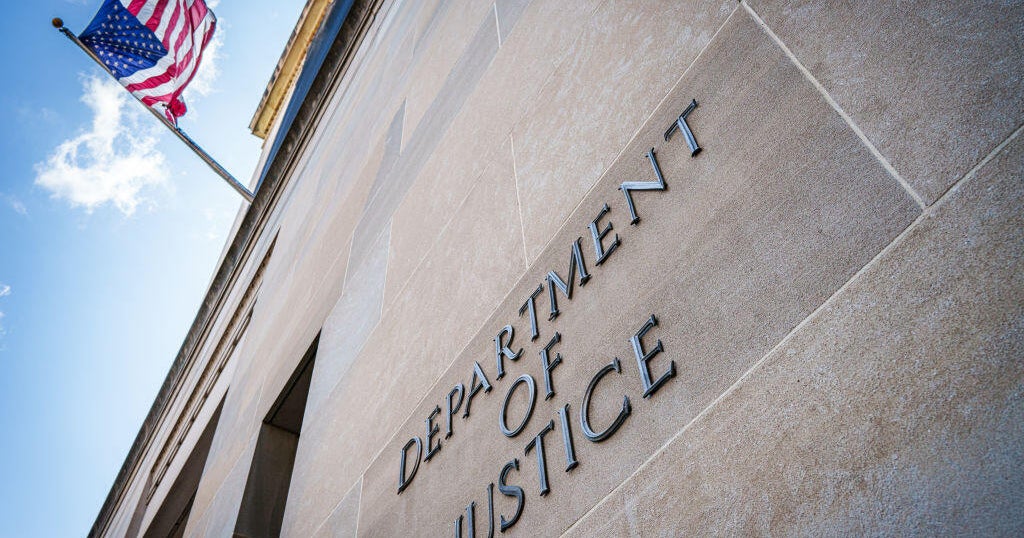Additional troops to be sent to the border
An additional 2,000 to 3,000 troops are expected to be sent to the U.S.-Mexico border, CBS News' David Martin reported Wednesday. This comes one day after acting Defense Secretary Patrick Shanahan told reporters "several thousand" additional troops would be required to offer additional support to administration efforts to prevent illegal immigration.
There are around 2,400 troops currently at the border, and Pentagon officials told the House Armed Services Committee on Tuesday the deployment of troops to the border would cost over $600 million by the end of the fiscal year. The expenses for the active-duty troops who were ordered there in October will be around $132 million by the end of January, according to Pentagon estimates.
The Trump administration announced the deployment of 5,000 troops to the border in anticipation of the arrival of large migrant caravans in late October. President Trump told reporters the day before the midterm elections that up to 15,000 troops could be sent to the border. Democrats argued Mr. Trump was exploiting border security concerns for political reasons.
Shanahan told reporters Wednesday the role of the troops would remain the same: Assisting Customs and Border Protection agents with logistics, surveillance, and building and reinforcing concertina wire fencing.
"It's not about undertaking a law enforcement position," Shanahan said.
Shanahan's announcement comes amid congressional negotiations on a Department of Homeland Security (DHS) spending bill aimed at reaching an agreement on border security funding before funding lapses on Feb. 15. The federal government is now back at work after a 35-day shutdown over $5.7 billion for a southern border wall or barrier sought by Mr. Trump.
Mr. Trump is mulling calling a national emergency to build the wall if Congress is unable to come to a deal to fund it. Shanahan said Tuesday if the president declares a national emergency the Pentagon would do the planning and recommend what is necessary to support the request.
David Martin and Cami McCormick contributed to this report.



